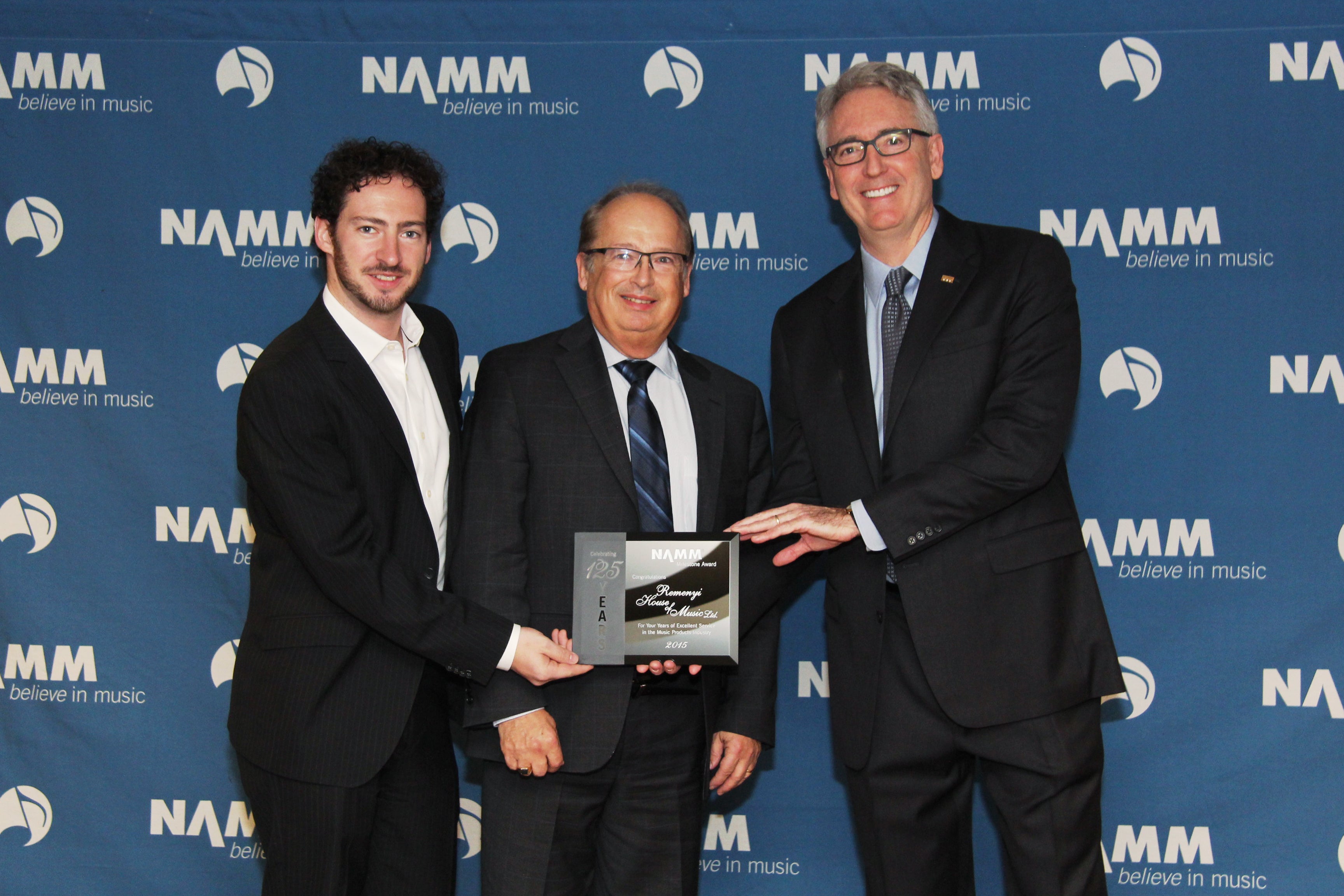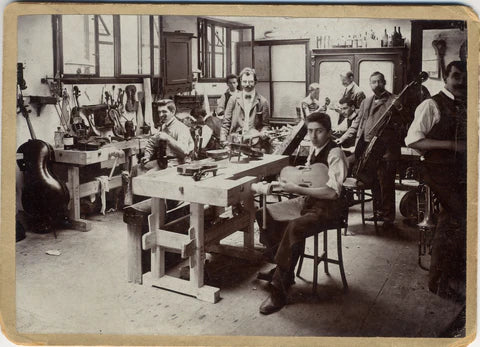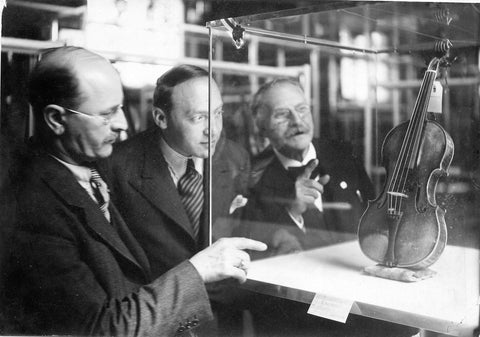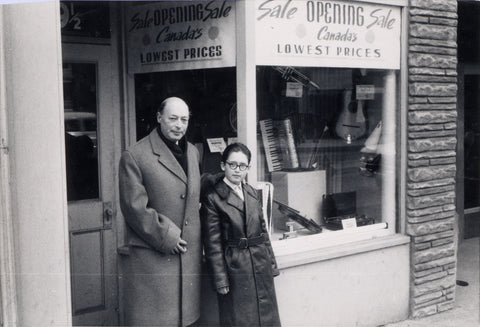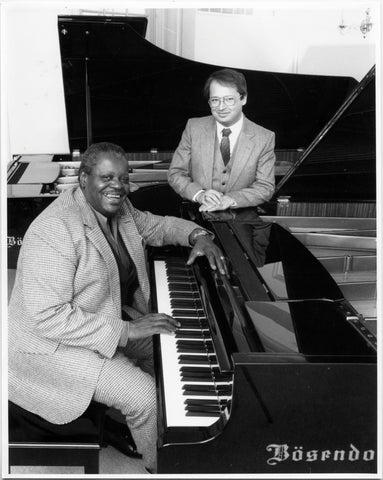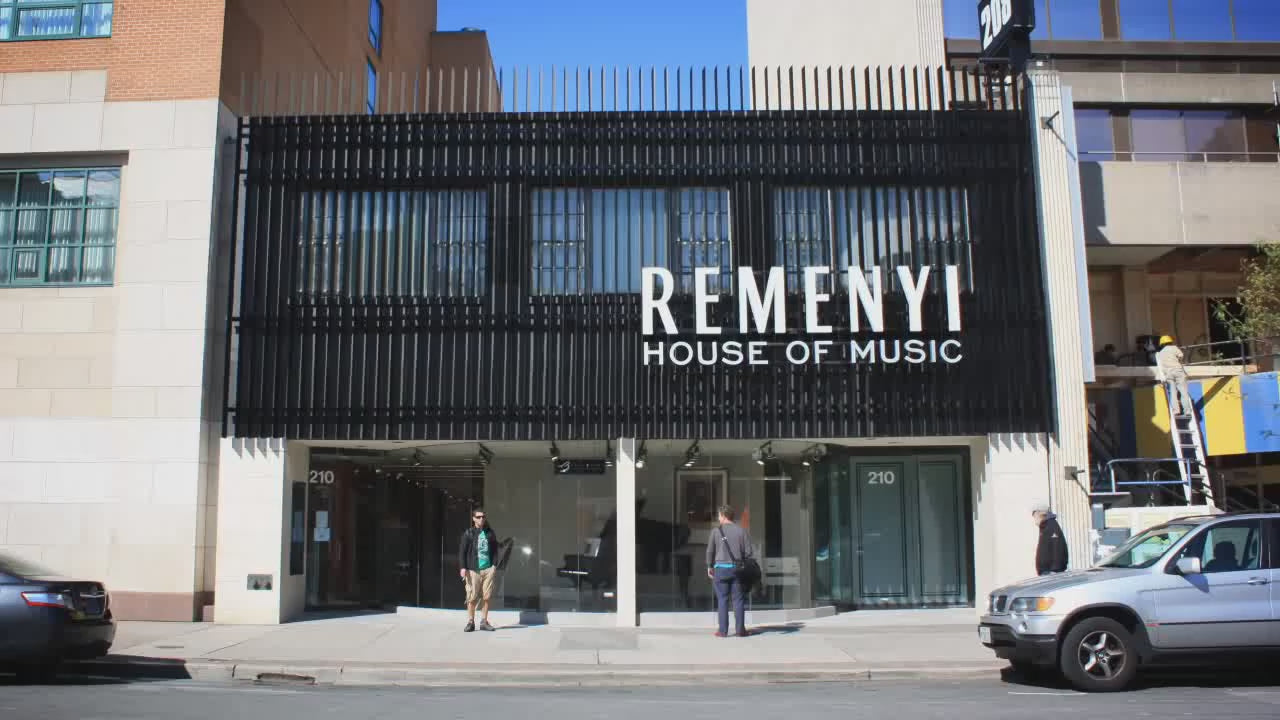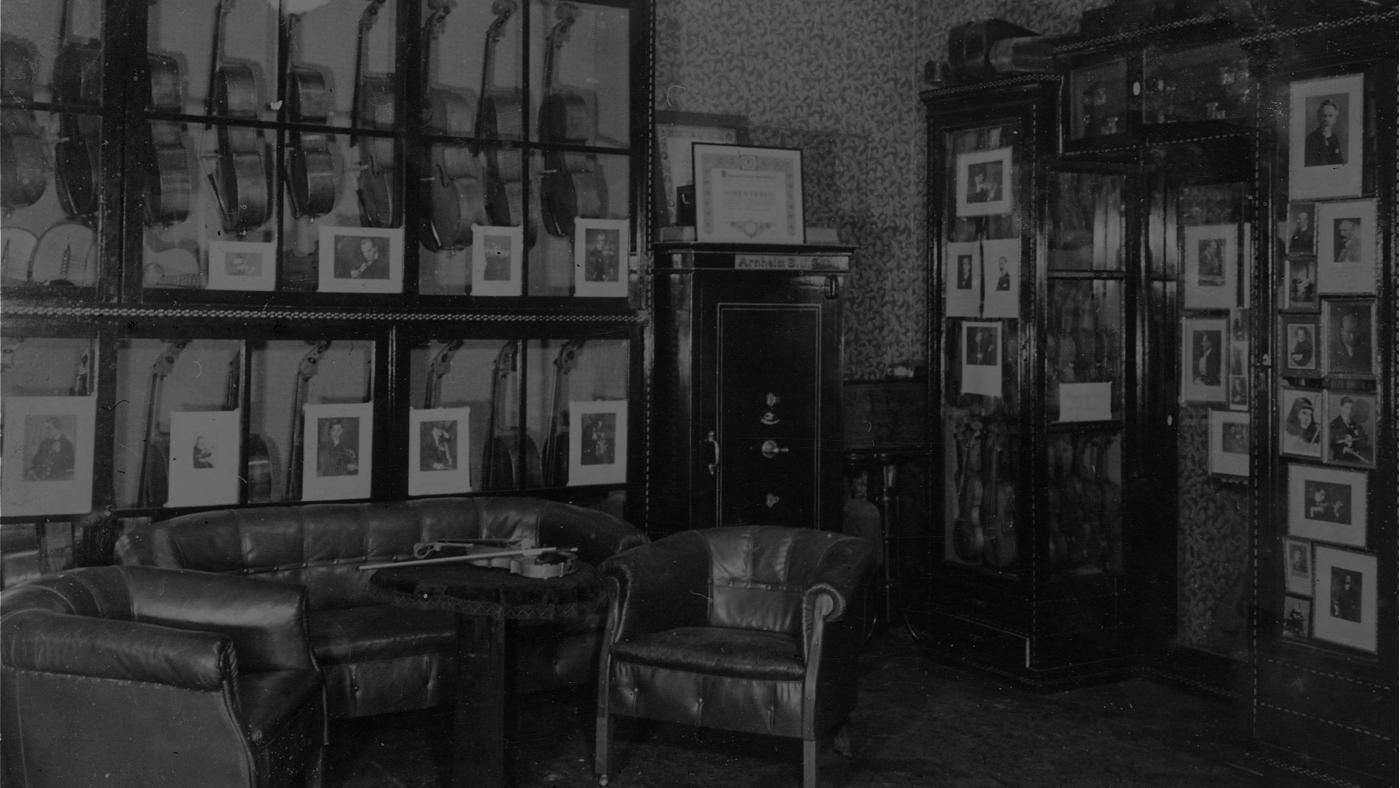
Our Story
About Our Store
In 2022, Remenyi House of Music moved from our renowned Bloor St location to our bright and beautiful new shop in Leaside. Still offering the same 4 main departments—Strings, Pianos, Fretted, and Books—we now boast a performance space, accessibility for all (hello, free parking!) and our largest selection yet of pianos and guitars.
Over 130 years of family business
Our location at 109 Vanderhoof Avenue is over 12,000 square feet of musical expertise. With a continued focus on our flagship departments, we've also expanded our audio production and guitar selection to mix tradition with modernity. Our shop is now all at ground level, with a large free parking lot and multiple bus routes within a 2 minute walk, making it accessible for everyone.
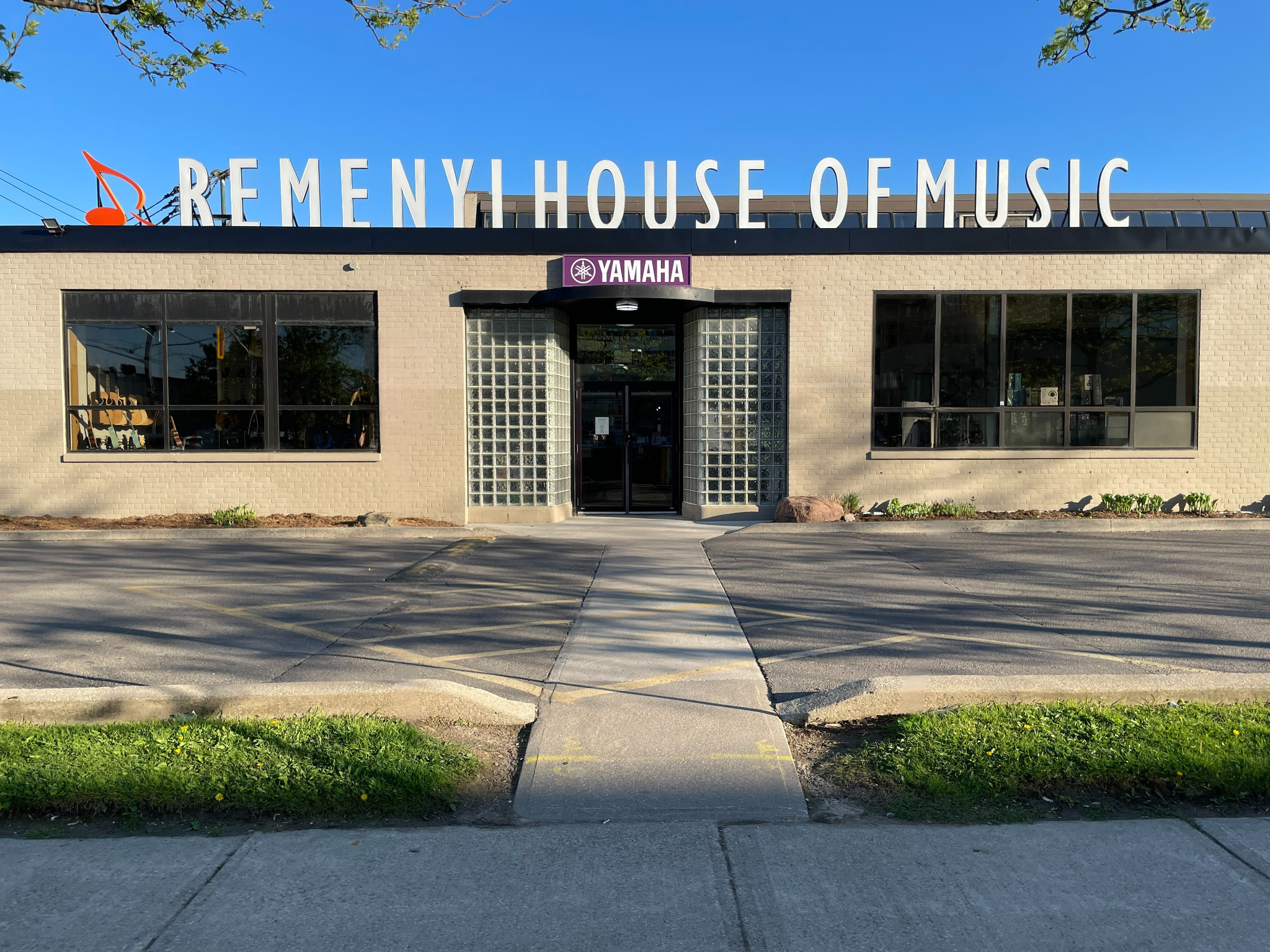
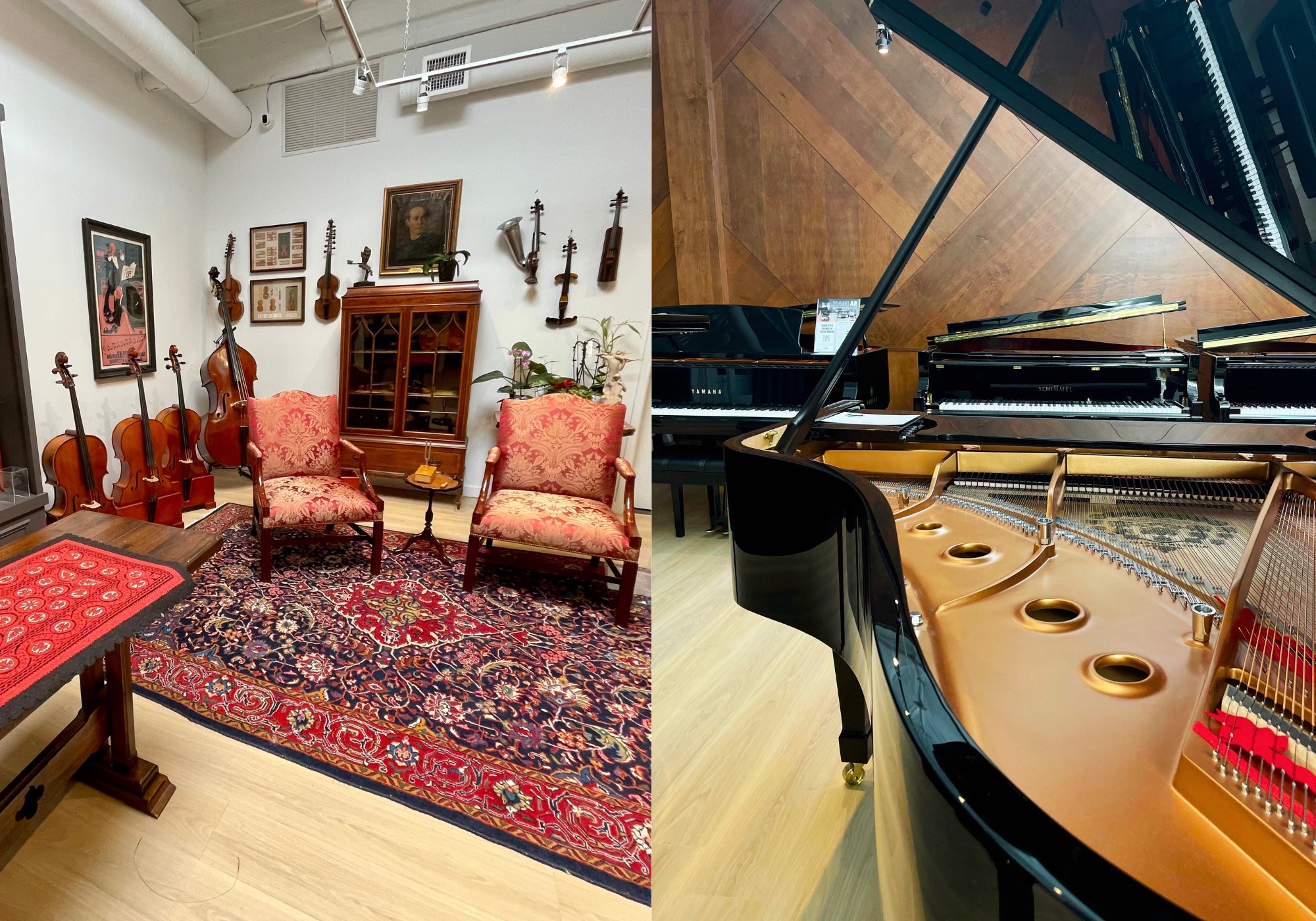
From stringed instruments and pianos...
Our String department offers violins, violas, cellos, and double basses for the earliest learners to those looking for the most masterful of instruments. Shop a wide selection of accessories, bows, and cases as well.
Our Piano department offers phenomenal world-renowned brands, with a current focus on Yamaha, Fazioli, and Bösendorfer. The piano showroom has a large selection of grand and upright pianos, plus the latest in digital instruments.
...to guitars and accessories...
Our Guitars department recently added Fender to its lineup. We have tons of other popular brands, with acoustic and electric guitars and basses lining the walls. We also have ukuleles, banjos, and other accessories, plus two designated trial rooms.
We offer other instruments too! Our audio production selection is expanding, now including microphones, headphones, and monitors, plus more synths and controllers than ever before. We also sell harps and accessories, plus a few other unique instrument offerings.

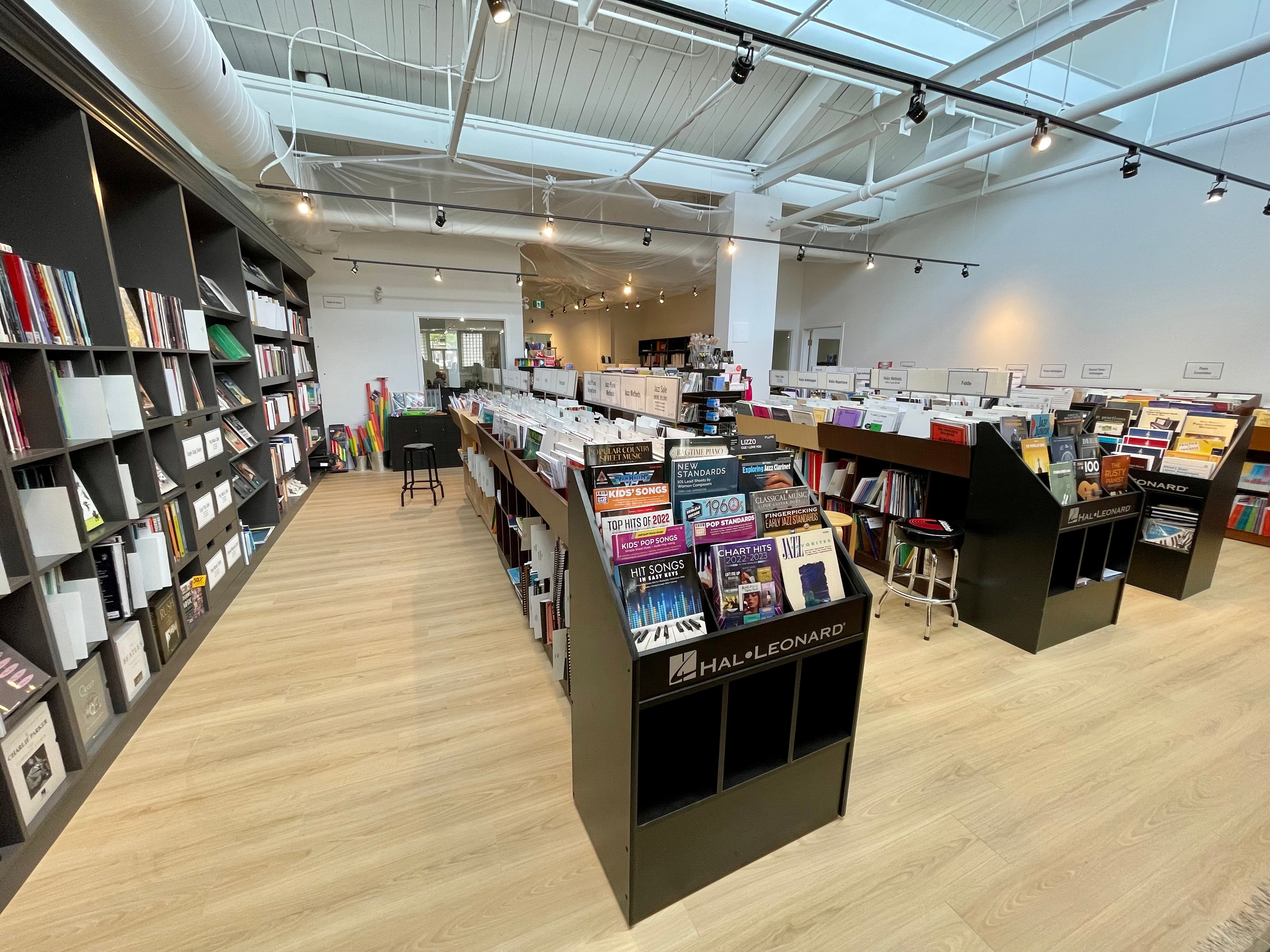
...to the GTA's largest music bookstore.
Stores that physically stock sheet music are becoming fewer and fewer. We are so pleased to be able to offer a large selection of browsable sheet music and books. Shop the latest releases from publishers such as Henle Verlag, Bärenreiter, and Hal Leonard, among many others. Shop standard lesson materials like Royal Conservatory and Suzuki books. Shop printed music for just about any instrument you want. And ask for a special order if you don't see what you're looking for.
And as of 2024, we're growing!
In Fall 2024 we were thrilled to announce the opening of our Oakville Piano Showroom. Our Oakville location features an amazing display of upright, grand, and digital pianos, in an acoustically-minded space, ready for customers to test out their dream pianos. Later in the year, we also officially welcomed Toronto Piano Group, a well-established piano store in Thornhill, under the Remenyi umbrella. Partners for years, we are so excited to have Remenyi Thornhill, also a piano showroom, with doors open for customers to explore the Yamaha and Boesendorfer brand names.

Remenyi House of Music is a family-owned business and always has been. Our story goes back over a century! It's rich with history and adventure, and of course, a deep love and appreciation for music and fine instruments. Below you'll find a brief summary of how we came to be.
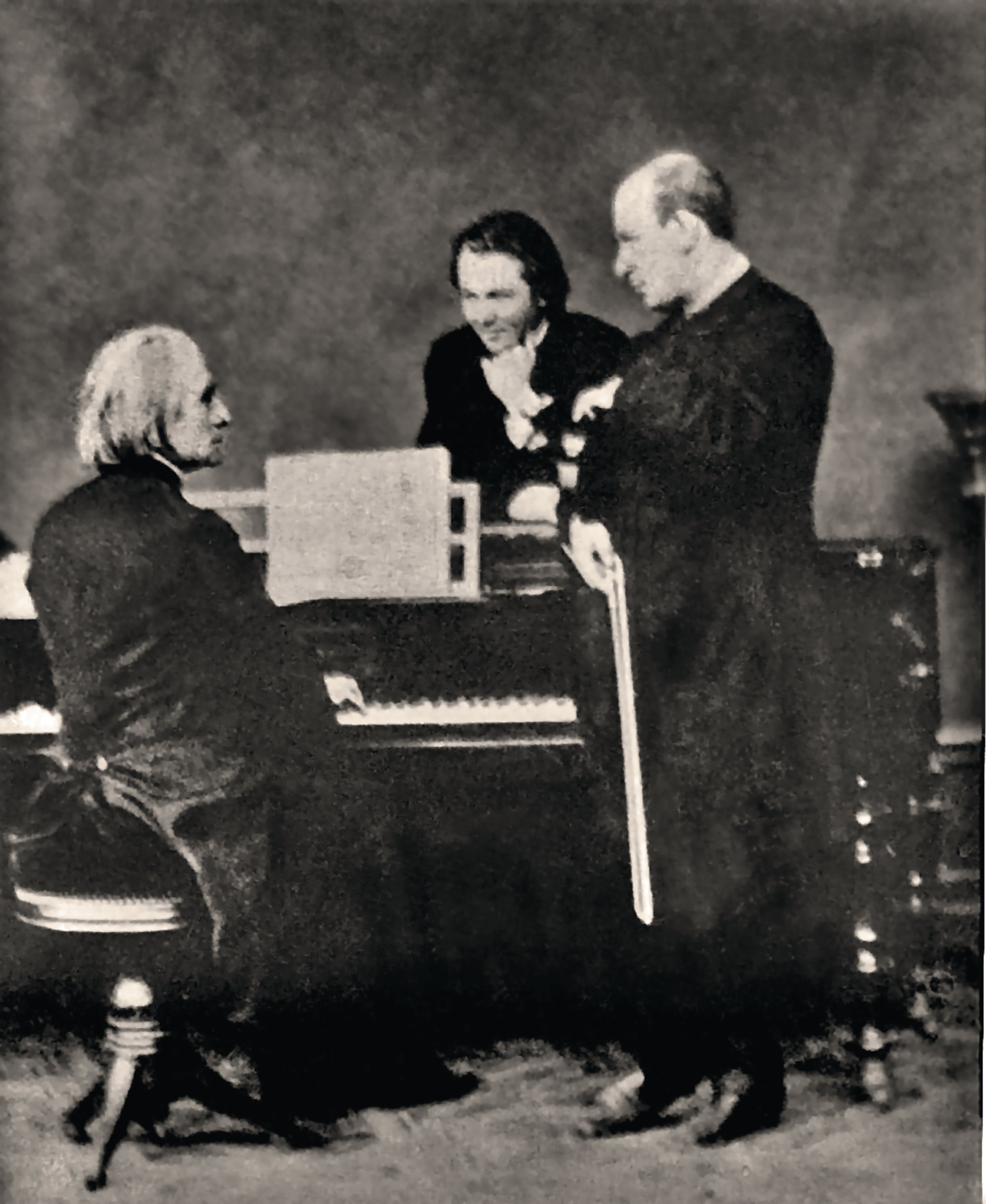
How it started
